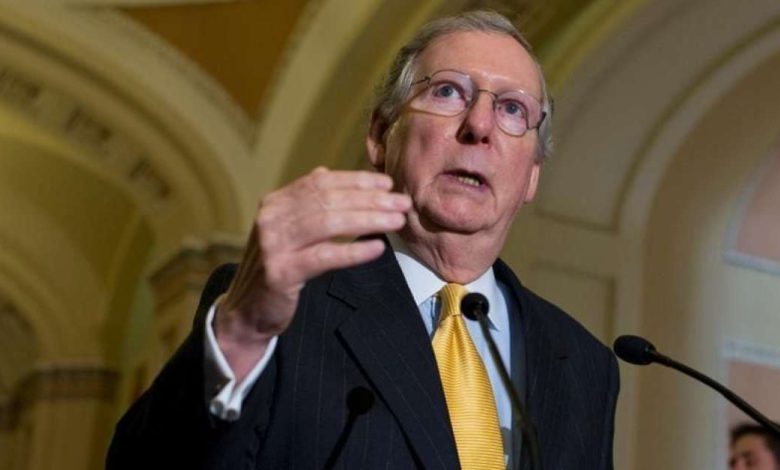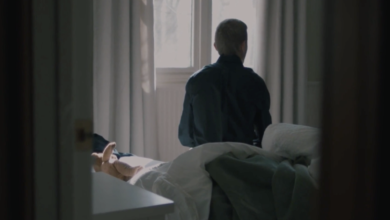
The Senate appears to be in a stand-off situation Tuesday afternoon, involving votes on two large pieces of legislation. It’s unclear how long into the week it will stretch, and when, or if, increased aid to Americans could come.
The Senate was slated to consider the House’s measure passed Monday night increasing direct payments to individuals in the COVID relief package from $600 to $2,000, as well as hold an override vote on the national defense bill.
Senate Majority Leader Mitch McConnell blocked an attempt by Senate Minority Leader Chuck Schumer to approve increasing the direct payments by a unanimous vote.
McConnell said he brought the Senate back this week to tackle three priorities, as outlined by President Donald Trump over the weekend; larger direct payments, Section 230 protections for internet platforms and concerns about widespread election fraud. “This week, the Senate will begin a process to bring these three priorities into focus,” McConnell said on the floor of the Senate.
Schumer then called for the Senate to vote on both the defense bill veto override and the increased payments bill passed by the House in a process that would "fast-track" the bill. McConnell objected without comment, according to the Washington Post.
Senator Bernie Sanders then asked for a vote on the direct payments after the defense bill veto override vote planned for Wednesday. McConnell again objected. Then, Sanders objected to a Wednesday vote on the defense bill veto override. The move essentially stopped activity in the Senate.
Sanders is threatening to withhold his consent for an earlier vote on the defense bill veto override until McConnell allows a vote on the increased direct payments.
“Let me be clear: If Senator McConnell doesn’t agree to an up or down vote to provide the working people of our country a $2,000 direct payment, Congress will not be going home for New Year’s Eve,” Sanders said in a statement late Monday. “Let’s do our job.”
Originally, the Senate was planning to vote on the override on Wednesday and then recess over the New Year's holiday until the newly-elected senators are sworn in to office on Sunday.
Increasing direct payments to $2,000 for most Americans would increase the cost of the COVID relief package by $463 billion, according to the Joint Committee on Taxation’s cost estimate.








